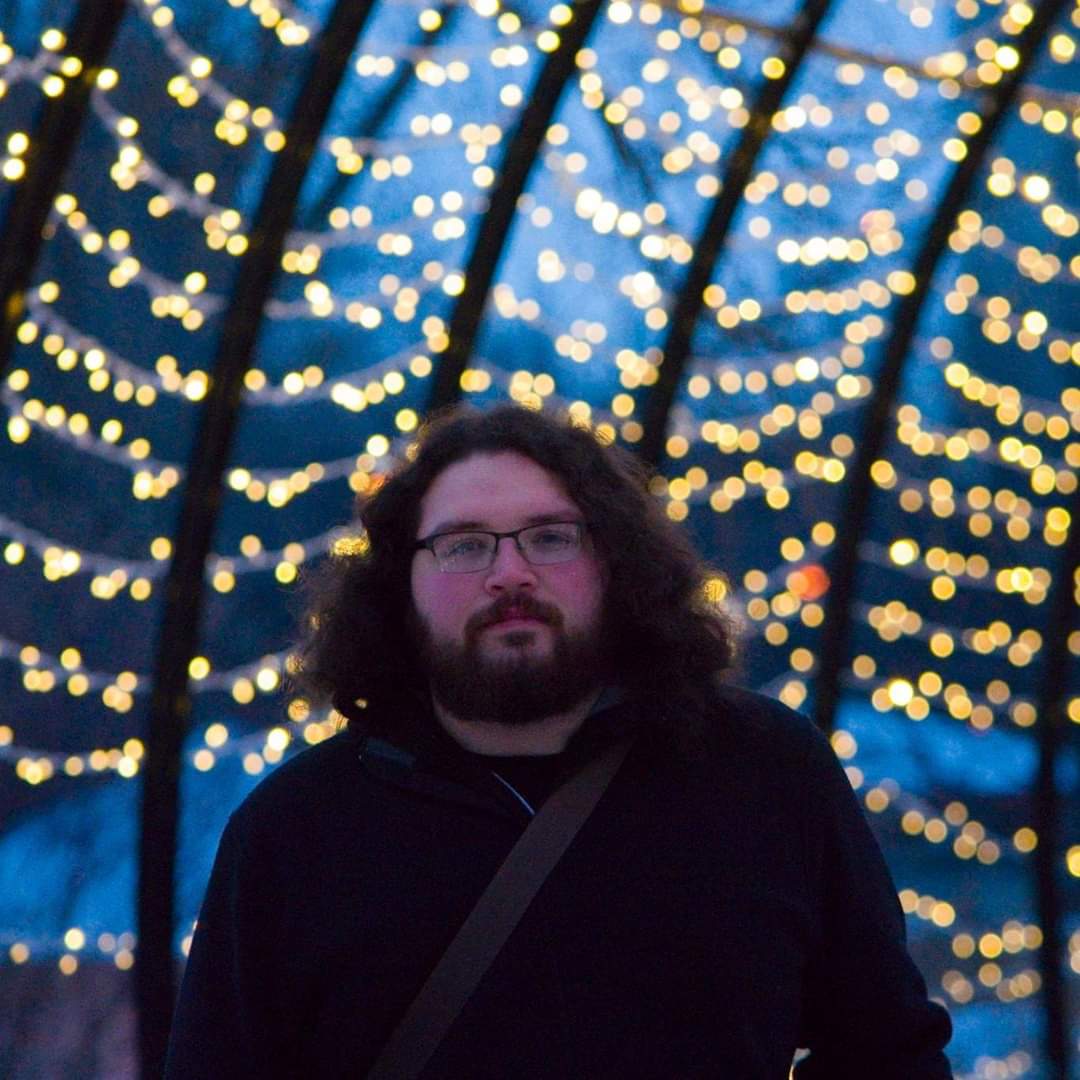The Callous Daoboys - I Don't Want to See You in Heaven
- Samuel Stevens

- May 15, 2025
- 3 min read

On I Don’t Want to See You in Heaven, The Callous Daoboys transform their signature mathcore chaos into an unexpectedly poignant museum exhibit—quite literally. Imagined as a future relic housed in the “Museum of Failure,” this conceptually meta but sonically unruly third full-length album turns the band's genre-defying mayhem into a reckoning with purpose, vulnerability, and permanence. It’s a record that somehow fuses the grindhouse charm of Celebrity Therapist with an emotional immediacy that feels both new and terrifyingly real.
The opening track, “I. Collection of Forgotten Dreams,” establishes the album's lore, but it's from the jarring second track, “Schizophrenia Legacy,” The Daoboys plant their flag firmly in absurdist territory—frantic, theatrical, and borderline ridiculous—but with the masterful control of a band that’s honed their craft down to an artful science. Carson Pace’s vocal range veers from feral bark to post-hardcore melodicism, while an unnamed saxophonist adds an eerie, cinematic tension that elevates moments of calm into creeping anxiety.
The dual-lead barrage of “Two-Headed Trout” and “The Demon of Unreality Limping Like a Dog” is a thesis statement in itself—equal parts Dillinger Escape Plan mathcore, Mr. Bungle weirdness, and 2000s nu-metal nostalgia. But where some bands use eclecticism as a crutch, The Callous Daoboys wield it like a scalpel. Every unhinged tempo shift, blast beat, or sudden clean vocal hook feels deliberate, not indulgent.
“Lemon” stands out as one of the most melodically arresting tracks they’ve ever written, with its accessible pop harmonies deceptively dressed in chaos. It’s the kind of left turn that would feel like a gimmick in lesser hands, but here it feels like a natural (if emotionally harrowing) progression. This is matched only by “Distracted by the Mona Lisa,” a heartfelt declaration of artistic obsession disguised as a breakdown-laden ballad. When Pace croons his commitment to the band like a wedding vow, it’s unexpectedly gutting—a testament to their new focus on lyrical intimacy.
Guest spots are used with precision. Orthodox’s feature on “Tears on Lambo Leather” injects hardcore venom into an already scathing critique of image culture, while “Body Horror For Birds” featuring 1ST VOWS, blends a jazzy breeze with haunting, ethereal vocals. The over twelve-minute-long album closer, “III. Country Song In Reverse,” with emo outfit low before the breeze, closes the album with a surprisingly sombre, introspective finale—a deconstruction of Americana, authenticity, and identity, all wrapped in a genre-defying death waltz.
The Daoboys have always been maximalists, but I Don’t Want to See You in Heaven is maximalist with meaning. There’s a sincerity here that slices through the ironic theatre. Even the absurdist song titles—“Douchebag Safari,” “Idiot Temptation Force,” “Schizophrenia Legacy”—serve a larger purpose: exposing the human instinct to memorialize our ugliest impulses under the guise of significance.
Producer Dom Maduri (Silly Goose, GEL) captures the chaos without dulling it, delivering the most dynamic and dimensional Daoboys record to date. The mix feels alive, volatile, and visceral—like the album might combust if played too loud—and you should play it loud.
At its core, I Don’t Want to See You in Heaven isn’t just about musical risk—it’s about legacy, and the irony of trying to preserve anything permanent in a world built on impermanence. The Callous Daoboys have always danced along the edge of a breakdown, but here, they dive headfirst into sincerity without losing their bite.









Comments